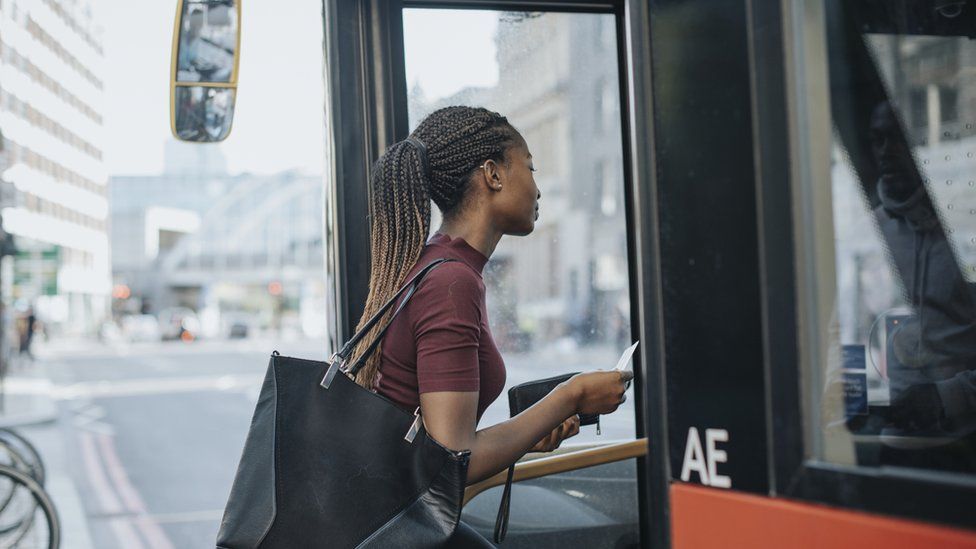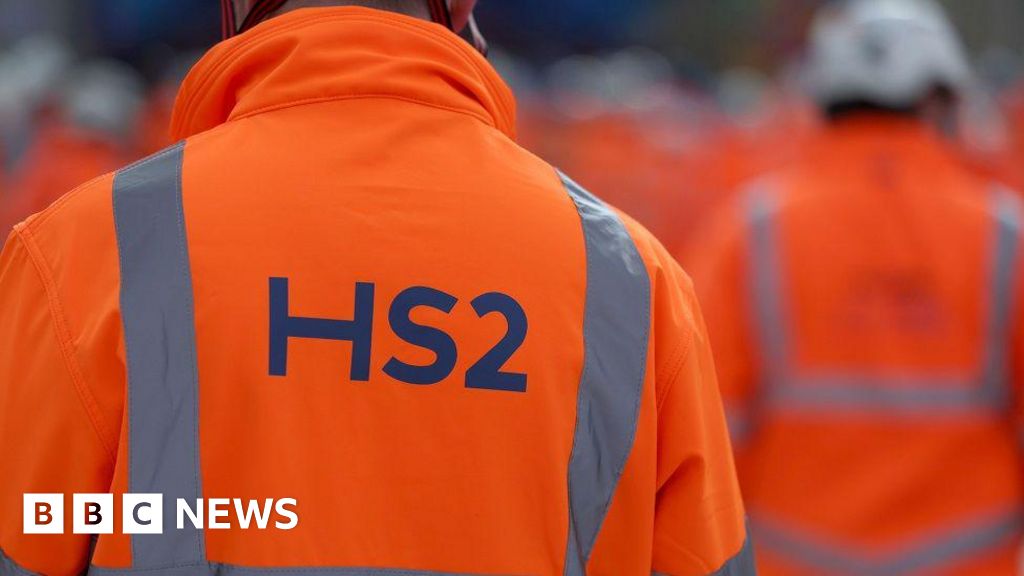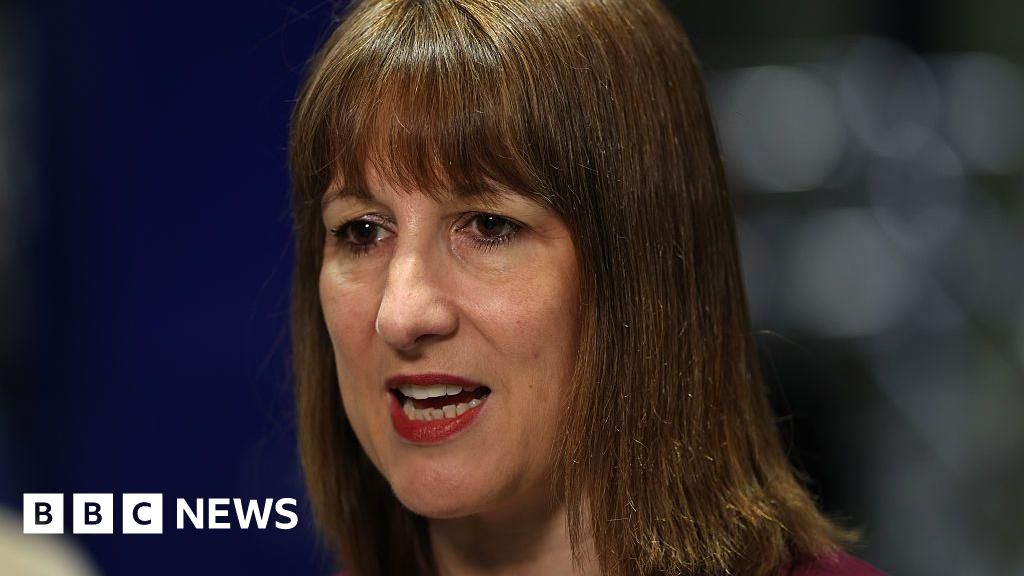ARTICLE AD BOX
 Image source, Getty Images
Image source, Getty Images
By Michael Race
Business reporter, BBC News
The £2 cap on bus fares in England has been extended again until the end of October, the government has announced.
The cap, which applies to more than 130 bus operators outside of London, will then rise in November to £2.50 for 12 months, before prices are reviewed.
The current limit on fares has now been extended twice after warnings hundreds of services could be cut without it.
Its aim is to ease the cost of living pressures on passengers but also to encourage people to use buses.
Bus operators have still not seen the same number of passengers return to using services as before the Covid pandemic, with levels recovering to around 85 to 90%, according to the Department for Transport.
The Confederation of Passenger Transport, which is the trade association for the UK's bus and coach sector, welcomed the extra funding for the scheme and said it would help operators and councils to "promote and grow services with greater confidence".
But Graham Vidler, chief executive of the body, warned the funding and cap extension would "not save every service in every part of the country".
The trade association has repeatedly claimed that up to 15% of services could be scrapped without further funding for the sector. It has said if the government is "really serious" about levelling up, then ministers need to "back our buses for the long term".
Travel is one of the main costs to come out of household budgets, which have been squeezed in recent months by the rise in fuel, food and energy prices.
Prices for all goods are rising and inflation, which is the rate at which prices go up, is at 10.1%, meaning items are more than 10% more expensive than they were a year ago on average.
Norman Baker, of the Campaign for Better Transport, urged the government to advertise the bus fare cap to attract people who do not usually use buses in order to grow passenger numbers.
"The huge success of the scheme proves that by making public transport more affordable, more people will use it and revenue can be increased," he added.
Some of the longest routes which the cap applies to include:
- Newcastle to Middlesbrough
- Hull to York
- Plymouth to Exeter
- Lancaster to Kendal
Some people have gone viral on social media after travelling up and down the UK using £2 bus tickets.
Extending the current cap until the end of October and then subsiding fares at £2.50 until November 2024 will cost £200m, the government said.
As well as releasing cash to keep the cap in place, the Department for Transport said it would provide £300m to councils and operators until 2025 to protect routes that passengers rely on for work, education and medical appointments, and to improve infrastructure.
The government said continuing to cap fares would particularly benefit people on lower incomes who it said take three times as many bus trips than those on higher incomes.
Transport Secretary Mark Harper said the reason for extending the scheme was due to bus travel being "the most popular form of public transport", with millions of people relying on them.
Prime Minister Rishi Sunak added: "By extending the £2 fare cap, we're making sure bus travel remains accessible and affordable for everyone, while helping to ease cost of living pressures."
The government said to help support the bus industry, it has provided more than £2bn in funding to recover from the pandemic.
In 2021, ministers published a National Bus Strategy, involving hundreds of miles of new bus lanes and price caps on tickets which would make buses cheaper and easier to use.
But the Transport committee of MPs, whose job is to scrutinise the Department for Transport, said this week in a report that while many of the strategy's ideas "were on the right track", progress in implementing them had "sometimes been too slow, and in some cases, too piecemeal".
It said without further rounds of funding for councils and bus companies, the plans would "barely scratch the surface".

 2 years ago
31
2 years ago
31








 English (US) ·
English (US) ·